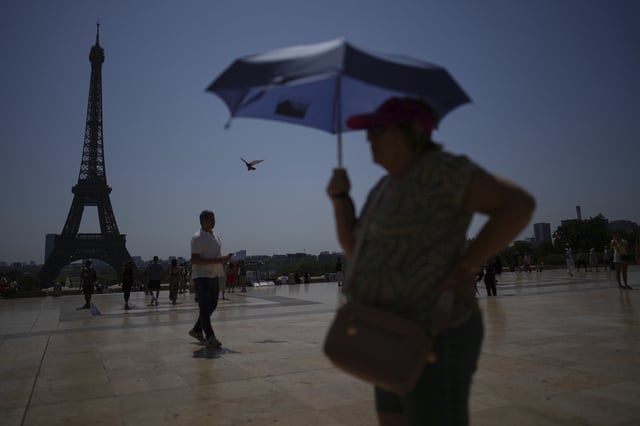Overview
- During June 23 to July 2, human-driven climate change boosted peak temperatures in 12 European cities by up to 4 °C.
- Led by Imperial College London and the London School of Hygiene and Tropical Medicine, the first near–real-time study quantified heatwave impacts using weather records and mortality models.
- An estimated 2,300 heat-related deaths occurred across the cities with about 1,500 of those fatalities—around 65 percent—directly linked to human-induced warming.
- Most excess fatalities fell among older adults or those with underlying health conditions in urban heat islands where built environments trapped additional heat.
- Researchers caution that only immediate greenhouse gas reductions combined with strengthened public-health adaptations—tree planting, cooled infrastructure, early-warning systems—can prevent far deadlier heatwaves under a 3 °C warming trajectory.

